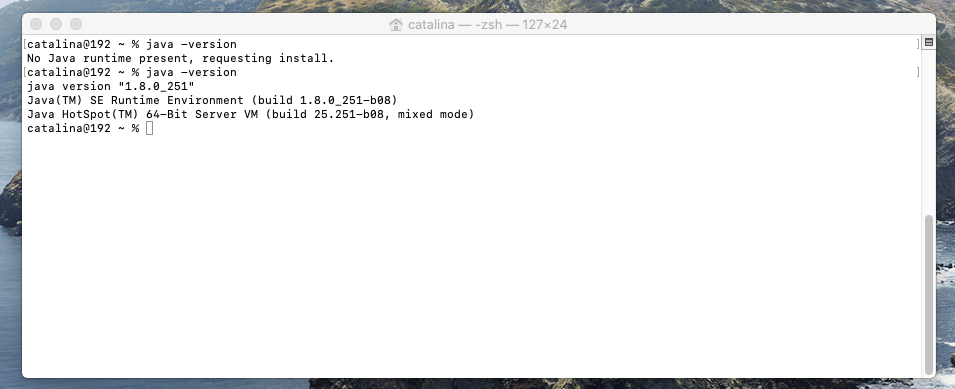

Java SE 6 (JDK 6) (December 2006): Renamed J2SE to Java SE (Java Platform Standard Edition).Introduced generics, autoboxing/unboxing, annotation, enum, varargs, for-each loop, static import. J2SE 5.0 (JDK 5) (September 2004): Officially called 5.0 instead of 1.5 (by dropping the 1.).J2SE 1.4 (JDK 1.4) (February 2002): Introduced assert statement, non-blocking IO ( nio), logging API, image IO, Java webstart, regular expression (regex) support.Also introduced Collection Framework and JIT compiler. Included JFC (Java Foundation Classes - Swing, Accessibility API, Java 2D, Pluggable Look & Feel, and Drag & Drop).

Also released J2EE (Java 2 Enterprise Edition) and J2ME (Java 2 Micro Edition).

Popular OpenJDK builds includes Azul Zulu, Red Hat OpenJDK (IcedTea), Amazon Corretto, Eclipse Adoptium's Temurin, SapMachine, Microsoft OpenJDK, and more. It does not include web-browser plugin and Web Start. OpenJDK includes the virtual machine (HotSpot), the Java Class Library, and the Java Compiler. OpenJDK: Currently, the "OpenJDK" ) developed by Oracle, Java community, Red Hat, Azul Systems, IBM, Microsoft, Amazon, Apple, SAP, provides a free and open-source Java Platform Standard Edition (or Java SE or JDK) official reference implementation.The Java Development Kit (JDK), officially named "Java Platform Standard Edition" or "Java SE", is needed for writing and running Java programs.


 0 kommentar(er)
0 kommentar(er)
